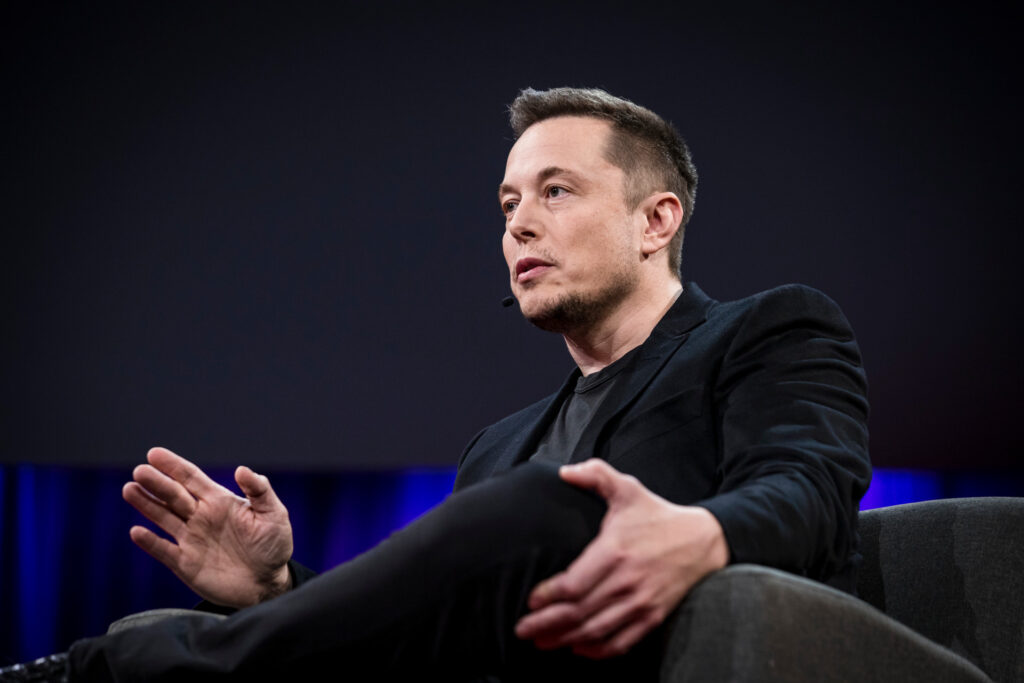
When award-winning broadcaster Kevin Newman’s son Alex came out at age 17, it prompted them to heal what had become a fractured relationship by writing it down. The resulting father-son memoir, All Out, is a side-by-side account of Kevin’s attempts to balance a high profile career with fatherhood and Alex’s struggles growing up. the story of Alex’s coming out to his parents follows, told from both perspectives.
By Alex Newman
My sister went to a private school and one day, I picked her up after school. This was not a regular occurrence and as she climbed into the car, I could tell she was surprised, but I didn’t volunteer an explanation. We drove along in silence, Erica staring out the window and plucking absentmindedly at her kilt, while I tried to think of how to begin. Finally I pulled over to the side of the road and started babbling: a girl at school knew something about me, a secret, and she was going to tell everyone and I didn’t know what to do, how to stop her. Erica said, “Well, what’s the secret? I’m sure it can’t be that bad.” And then I just lost it, crying harder than I ever had in my life, the kind of crying where you’re breathing raggedly and can only gasp out a few words at a time. Like, “I think I’m gay.”
Erica was unfazed, kind. She patted my shoulder and told me not to worry, everything would be okay, our parents would understand, no one would think any differently of me. I realized I’d wanted her to say, “I’ll help you find help” or “I know some gay people, let’s talk to them” or “Here’s how to tell Mom and Dad.” Crazy expectations. I mean, Erica is very smart but she was 14 years old. She didn’t know how to bridge the isolation and loneliness I felt, and I’m sure she was stunned to see me in a state of emotional distress. She had no idea what I felt, or why. For her, being gay was part of everyday life, very Will & Grace. But for me, it meant being a person I did not want to be. In some strange way, her breezy acceptance made me feel even more lonely. Another person’s acceptance didn’t make it any easier for me to accept myself.
But I did hope she was right about our parents’ reaction.…
I decided to wait until Thanksgiving to tell them. It was one night when everyone would be home. But Thanksgiving dinner time came, everyone gathered, and … I just couldn’t do it. I stalled, asking for a family meeting afterwards, which turns out to be an excellent way to introduce a sense of foreboding to a festive occasion. I remember thinking, as we passed the turkey and stuffing, that our family would never be the same again after this meal. I wasn’t worried about Erica – she knew what I was going to say, and I could feel her silent, steady support. But I remembered the happy look on my mom’s face when she’d said that she could picture me married to a Japanese girl, and remembered, too, the way my dad had flinched and changed the channel when we were watching TV and two men were about to kiss. My mother would probably accept me eventually, but my father was a public figure, and I could become a source of shame. Rather than defend me or deny that he was ashamed, it might be easier just to forget all about me.
As it happened, though, I never got to tell my family. We retreated to the TV room after dinner and I was summoning the strength to declare myself when my dad beat me to it, asking, “Does this have something to do with your sexuality?” Apparently, my father did know me. All along, when I thought I’d been passing, he’d known what I really was – had everyone else, too? Was I so obviously gay? I didn’t feel relieved but humiliated. Exposed. There was anger, too: my father had put himself at the centre of my crisis, and was taking on the weight of it. He was anchoring my coming-out speech, for God’s sake, taking the words right out of my mouth, as though I wasn’t strong enough to say them myself. He held me, tightly, and I discovered that all those hours in the garage and in the martial arts studio had not paid off. I couldn’t break free. He was so much stronger than I was, still.
We never talked about that family meeting afterwards, but the more I thought about it, the more resentful and suspicious I became. My father had told me he loved me just the same and supported me one hundred percent. So what? I’d seen him turn his personality on and off, and suspected that was what he was doing now: play-acting. Pretending to be tolerant. Why, if he’d suspected I was gay, hadn’t he ever said anything gay-positive, the way my mother had? Why couldn’t he watch two men together on TV? I knew how he really felt about gay guys: revolted. I didn’t accept that he was accepting. It seemed like a trick.
By Kevin Newman
Thanksgiving, 2004. Alex walked into the kitchen, shoulders slouched, refusing to look at me. Cathy, Erica and I were babbling away, but he sat down on a stool at the kitchen counter and said nothing. He didn’t seem to be listening. But he didn’t vanish to his room, either, as had become his habit.
When we sat down at the table, Alex finally said, “If you have the time, I’d like to have a family meeting after dinner.” Asking for a family meeting was basically code to brace for impending trauma. It was never “Good news everyone, I won the lottery!” It was “We’re moving again” or “Mom is sick.” … Alex was clearly nervous. His hands were trembling slightly, and he still wouldn’t look me in the eye. Was it drugs? Bullies? Oh God. Was his girlfriend pregnant? As conversation limped around the unnamed elephant on the table, I tried to calculate the correct response to each crisis. I wanted to get out in front of this thing, whatever it was.
Finally dinner was over and we moved to the TV room, where Erica sat down on the couch beside Alex, and Cathy took the seat facing them. The kids seemed to be a team, but Erica’s demeanour was completely different than her brother’s: calm, lighthearted, even. Strange. In what I hoped was my best, soothing interviewer voice, I asked, “Alex, what would you like to talk about?”
The emotional weather in the room changed immediately. Alex hugged his knees to his chest, and suddenly he was crying. A few moments of fraught silence passed. I needed to know what was going on. Now. Alex seemed to be holding himself so tightly because he was afraid of blowing apart; I thought the threat must be inside him, not something that was being done to him.
Could he be gay?
Why did I think that? Well, I’d wondered, off and on, for some time. Not because of the way Alex looked or acted, but because he had always set himself apart and had difficulty getting along with boys. [While travelling in Japan], I’d suggested he go wander around by himself for a bit. As he ambled off, I noticed how thrilled Japanese girls were when this blond boy walked past – and noticed also that he seemed to be entirely unaware of their interest. Sure, he had a girlfriend, but .… Was he gay? It wasn’t a raging debate in my head. It was just a question mark. I’d been certain of only one thing: I sure as hell shouldn’t come right out and ask. If I was wrong, how could our relationship ever come back from that?
But now, seeing my son curled up in a fetal position, weeping, I wanted to ease his burden. If he only had to say one word, “yes,” maybe it would help him start talking. I remember thinking to myself, “You’d better be right,” and then I asked.
“Alex, does it have something to do with your sexuality?”
A wail came from deep inside him, a primal and barely human sound I’d heard only once before, in a refugee camp in Kosovo. You’d hear it late at night, this wave of sorrow and loss passing from one tent to the next.
Hearing that same sound coming from my child was terrible, and I lunged towards him, hugging him tighter than I ever had. He tried to break loose, furious, but I wouldn’t let go. I thought that if he didn’t feel my love and support now, in the most vulnerable moment of his life, he might doubt me forever. … I told Alex how much I loved him, how proud I was of him, how I would never let him go. …
Late one night, when Alex was settling into sleep, I knocked on his bedroom door. This is how I remember our conversation.
“Alex, we’re drifting apart and I need it to stop. We haven’t really connected since you came out. Can I say a few things?”
“Sure.” Warily, braced for idiocy.
“I have a lot to learn and I hope you’ll teach me. But I still have a lot to teach you, too. You may not think so, but I can be a resource to you.”
“How?” Skeptically, now certain idiocy is imminent.
“Well, in relationships, for example. I love your mom and I’ve grown up with women. But I would never pretend to understand them fully. But guys? I get guys. I can help you there.”
He laughed. I exhaled. It was the beginning of us figuring out a role for me in Alex’s new life as a gay man.
Excerpted from All Out by Kevin Newman and Alex Newman. Copyright © 2015 Kevin Newman and Alex Newman. Excerpted by permission of Random House Canada, a division of Random House of Canada Limited, a Penguin Random House Company. Reproduced by arrangement with the Publisher. All rights reserved.
Originally published in ParentsCanada magazine, October 2015.










